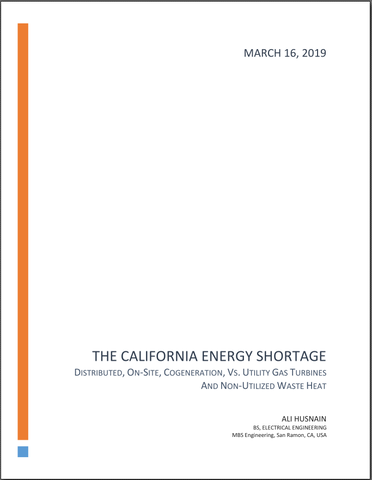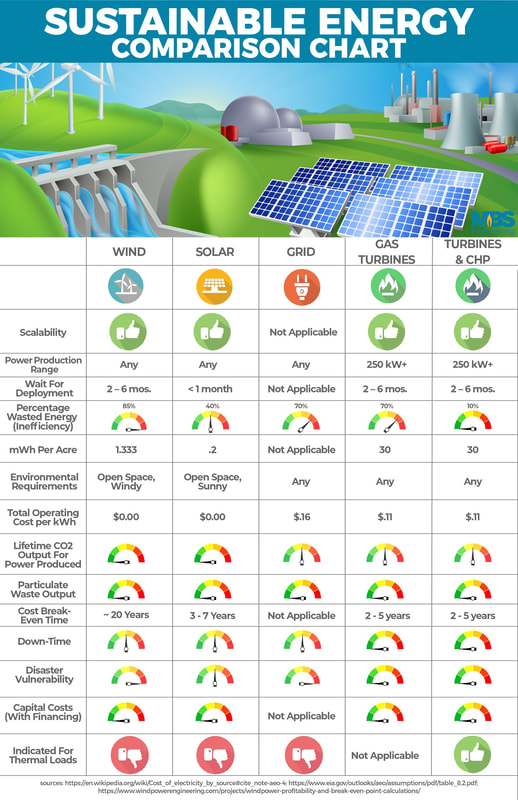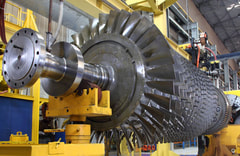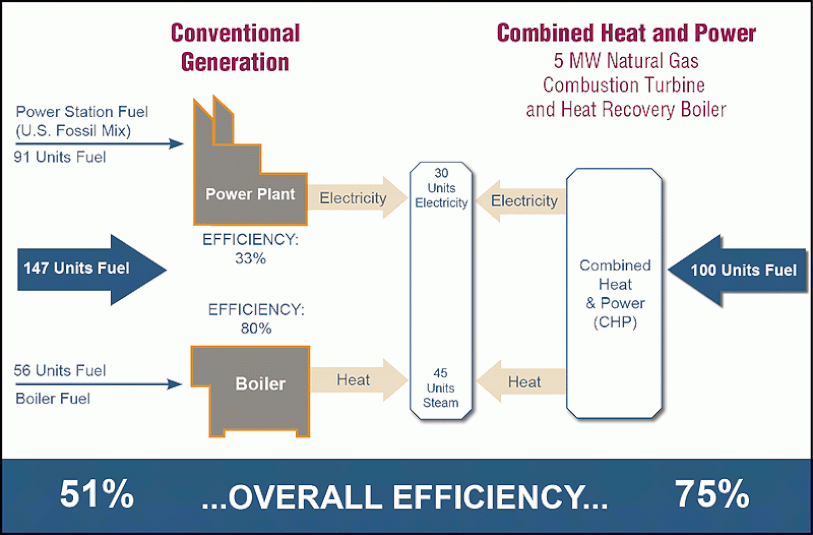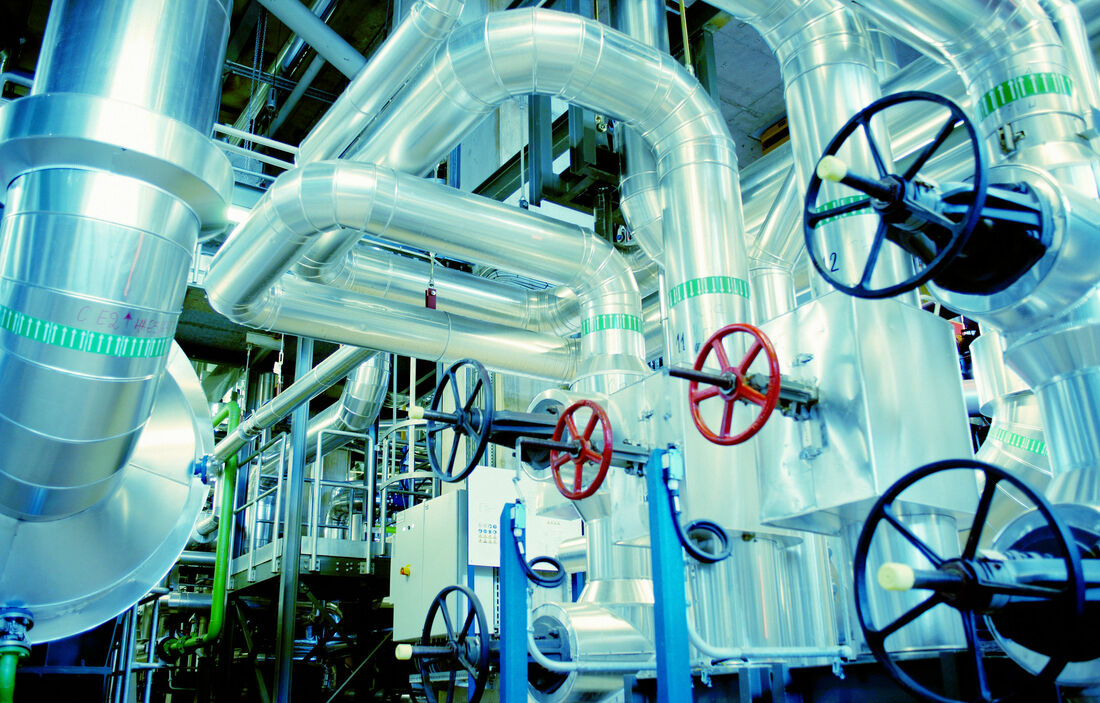Or Call MBS Engineering At 925-334-7200 And Speak To Our Engineers!
|
Click to download Sustainable Energy Comparison Chart
|
Explore The Benefits Of CHP In The Form Of Gas Turbines
Cost
|
Efficiency
|
Environment
|
Reliability
|
Avoided Transmission and Distribution Losses
By producing electricity onsite, CHP also avoids transmission and distribution (T&D) losses that occur when electricity travels over power lines. Within the five major power grids in the United States, average T&D losses vary from 4.23 percent to 5.35 percent, with a national average of 4.48 percent (Source: Emissions & Generation Resource Integrated Database [eGRID]). Losses can be even higher when the grid is strained and temperatures are high. By avoiding T&D losses associated with conventional electricity supply, CHP further reduces fuel use, helps avoid the need for new T&D infrastructure, and eases grid congestion when demand for electricity is high.
Want To Talk Gas Turbines? Give Us A Call
We love microturbines whether it is talking about them, consulting with customers or installing them. We love them. Call us to learn more.
|
|



